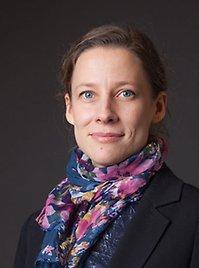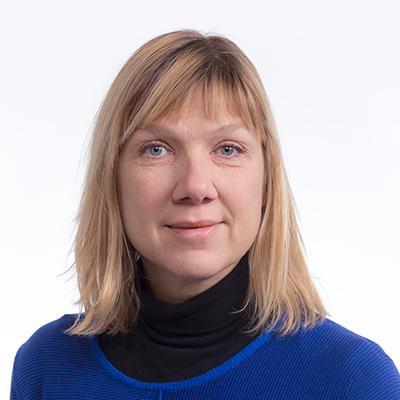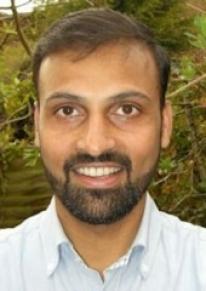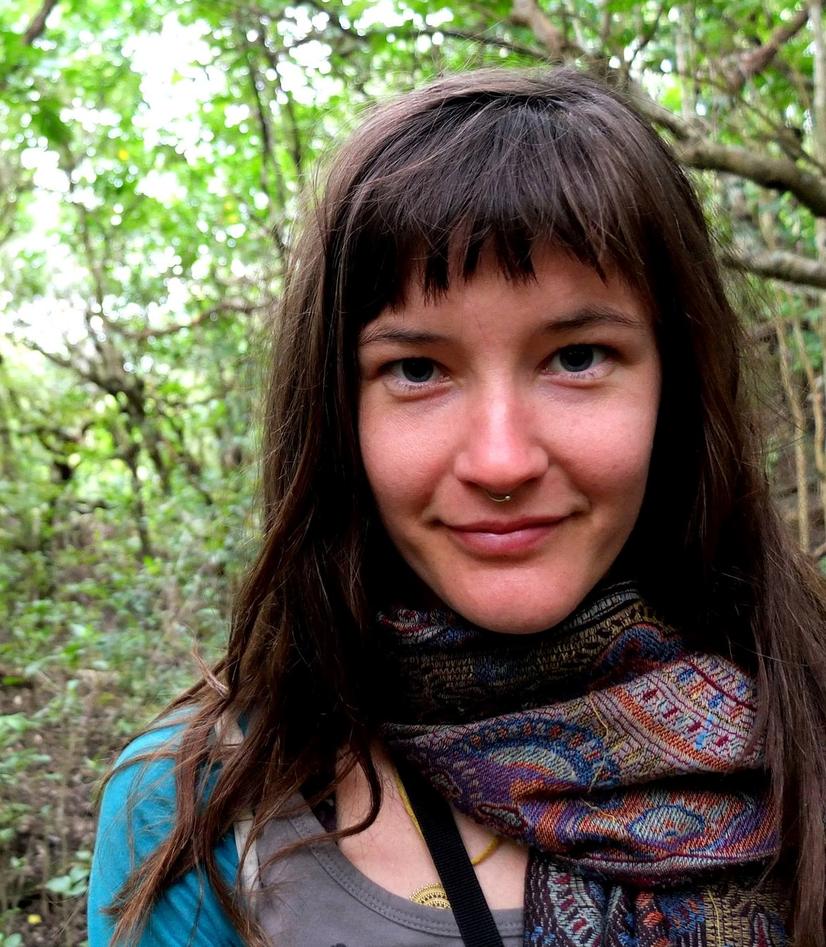Associate researchers
The UNESCO Chair is supported by four associate researchers and a postdoc, representing different disciplines. All of them focus their work on aspects of sustainable development and have extensive experience on collaborating accross disciplines.

Main content
- Lisen Schultz - Research fellow and Acting deputy science director at Stockholm Resilience Centre, Stockholm University
Schultz is the programme director for the Executive Programme in resilience thinking, she leads the research stream Biosphere Stewardship, and is responsible for organisational development of the centre.
Most of Schultz’ research has been conducted in UNESCO biosphere reserves. Biosphere can be seen as natural experiments with adaptive governance, adaptive co-management and biosphere stewardship. In these settings, she explores processes and outcomes of adaptive co-management, stakeholder participation, and learning, using interviews, surveys and workshops. A key research interest is what kinds of leadership help in navigating complex social-ecological systems.
Throughout Schultz’ career, she has engaged in the interface between science and society, bringing knowledge to action in processes ranging from municipal planning to international negotiations. For example, she has done research on ecosystem services and on biosphere reserves for Agenda 2030 with the Swedish Environmental Protection Agency, she has conducted resilience assessments with Swedish biosphere reserves and municipalities, and she assisted the Swedish delegation in the early negotiations on establishing the Intergovernmental Platform on Biodiversity and Ecosystem Services (IPBES).
- Siri Granum Carson - Director of NTNU Oceans and Associate Professor, Programme for Applied Ethics at the Department of Philosophy and Religious Studies, Norwegian University of Science and Technology (NTNU)
Carson is associate professor of Philosophy at NTNU Norwegian University of Science and Technology. She works at the Programme for Applied Ethics, where she teaches research ethics, business ethics and professional ethics at all levels at NTNU. Her main research interests are corporate social responsibility, corporate sustainability and responsible innovation.
As part of the steering group of the strategic research area NTNU Oceans, she is head of the pilot programme HAVANSVAR Humanities Ocean Initiative, a transdisciplinary research programme focusing on ethical, social, historical and cultural aspects of ocean research and innovation, with a particular focus on aquaculture. Carson is leader of the PhD Programme in Historical and Cultural Studies at the Faculty of Humanities at NTNU. She is also the project manager for AFINO - a national, virtual center for responsible innovation and corporate social responsibility in Norway.
- Shonil Bhagwat - Lecturer, The Open University, London
As an environmental geographer with broad research interests at the cross-section between natural and social sciences his research centres on the links between environment and development. In particular, his research engages critically with discussions on a variety of key environmental concerns: agriculture and food security, biodiversity conservation, climate change, ecosystem services, and sustainability. It addresses these perceived grand environmental challenges within the context of growing discussion on the Anthropocene, the age of humans.
Before joining The Open University as Lecturer in Geography in February 2013, he directed an international and interdisciplinary masters programme in Biodiversity, Conservation and Management at the School of Geography and the Environment, University of Oxford, UK (2009-2013). He has also held post-doctoral research appointments at the University of Oxford (2006-2009) and at the Natural History Museum, London, UK (2003-2006).
- Jens Kristian Fosse - Vice Dean for Innovation at the Faculty of Engineering and Natural Sciences and head of the Mohn Center for Innovation and Regional Development, Western Norway University of Applied Sciences
Fosse is researching innovation processes in networks and regional business clusters, regional innovation systems, and facilitation for innovation in the private and public sectors. His research interest relates to sustainable development based on the management of networks and collaboration among actors and institutions engaged in innovation and industrial development in regions, cities and rural areas. An essential driver of his research is close engagement with the practice field and he is committed to collaborative research efforts together with both international and Norwegian researchers. In addition to research and teaching, he has more than ten years of experience as ‘competence broker’ working with mobilization and development of research based innovation projects in collaboration between industry and R&D.
Fosse is the Vice Dean of Innovation, Faculty of Engineering and Science, associated professor in innovation studies at the Mohn Center for Innovation and Regional Development, and the Program Manager of the Master Program in ‘Innovation and Entrepreneurship’ at Western Norway University of Applied Sciences. He is also affiliated with the project ‘Capacity Lift for Sustainable and Innovative Seafood Production’ (KABIS) at the Department of Biological Sciences, UiB.
- Alicia Donnellan Barraclough - Postdoc in Applied Ecology, Department of Biological Sciences (BIO), University of Bergen
Alicia Donnellan is a postdoctoral researcher associated to the University of Bergen UNESCO Chair. Her work focuses on UNESCO Biosphere Reserves as socioecological systems which are testing sites for sustainability and earth stewardship.
She is interested in the intersections between the natural and social sciences, and in progressing transdisciplinary research which is fair and equitable for people and land. Her work is informed by resilience and complex adaptive system thinking, which provide the backdrop for investigating examples of biosphere stewardship across the globe. Her research includes aspects of ecosystem services and socioecological network analysis, sustainability mental model analysis and sustainable development goal (SDG) implementation. She also has a strong interest in group process work, political ecology and environmental ethics.
She holds a PhD in Applied Environmental Science from Auckland University of Technology in New Zealand (2014-2018). Additional to a background in academic plant ecology, she has worked across the globe in the non-profit sector and in grassroots organizations. These experiences have given her rich understanding of the importance of connecting diverse fields if we are to rise to the challenges and opportunities presented by the Anthropocene.




